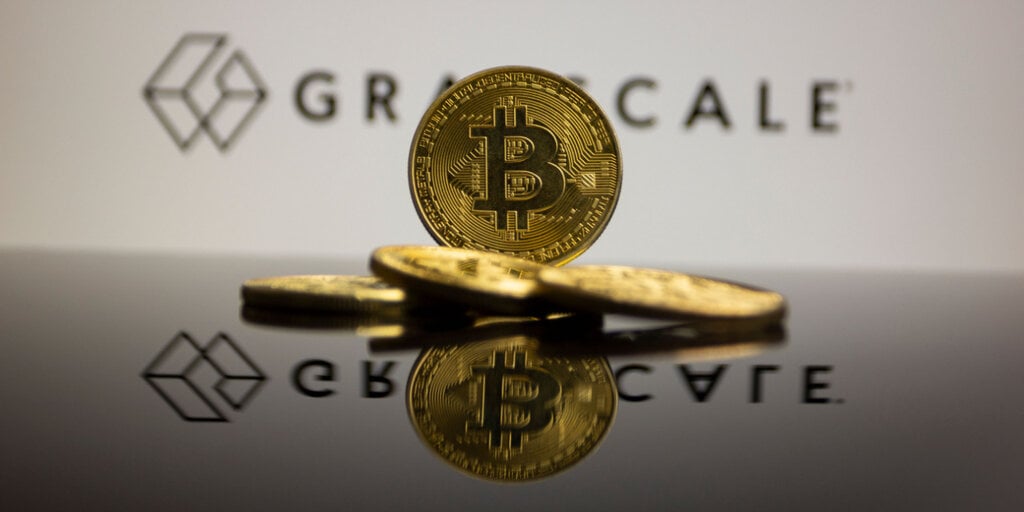Bybit expands Proof of Reserves to include 32 digital assets


Dubai-based Bybit, the world’s third-largest cryptocurrency exchange by trading volume, announced on December 1 that it has recently set a new standard in the cryptocurrency market through Proof of Reserve (PoR) certification. PoR has been expanded to 32 cryptocurrencies. 20 Press release.
The report aims to demonstrate to customers that Bybit has fully backed up all assets within a sophisticated multi-layer wallet system. According to the report, the collateral range of the tokens is 100-124%.
proof of reserves
Bybit’s proof of reserves shows that the company holds between 100% and 124% collateral for the 32 tokens in the report. The exchange’s BTC collateral was 107% and ETH collateral was 119%.
The exchange’s commitment to asset security and transparency is highlighted by its industry-leading ratings, including a perfect score from CoinGecko and an ‘AA’ rating in the 2023 CCData Crypto Exchange Benchmark Report.
Bybit’s innovative wallet system, including cold, warm, and hot wallets, along with partnerships with leading custodians such as Fireblocks and Copper, enhance the security and accessibility of user funds.
In the broader cryptocurrency exchange industry, PoR has become part of the trust factor. Major exchanges such as Binance, Coinbase, and Kraken have adopted the PoR approach, each using their own unique methodology. These practices achieve the common goal of keeping customer assets safe and fully supported.
Regulatory issues related to PoR
Although PoR reports are seen as a step towards transparency, regulators have warned that cryptocurrency companies are relying too much on them.
The Public Company Accounting Oversight Board (PCAOB), which operates under the jurisdiction of the U.S. SEC, specifically warned investors not to place too much trust in these reports. The PCAOB emphasized that the PoR report is not an audit and does not comply with any specific legal standards.
Regulators have noted that these reports provide only a snapshot and do not provide meaningful assurances about the liabilities of cryptocurrency companies, the rights and obligations of digital asset holders, internal controls or the effectiveness of corporate governance.
The SEC also expressed concern and advised investors to be cautious of PoR statements. Paul Munter, the SEC’s chief accountant, noted that these reports are designed to show that cryptocurrency companies have enough assets to cover customers’ funds.
But he cautioned that simply because an audit firm provides a PoR should not give investors too much confidence in its ability to service its debt. These concerns arise because PoR reports lack the comprehensive information investors need to holistically assess a company’s financial health.
There has been increased caution from regulators after the failures of high-profile cryptocurrency companies such as FTX led several audit firms to reconsider providing this form of assurance. Some global platforms, such as Binance, have also adopted PoR, but regulators suggest that PoR alone is not enough and that companies must undergo more thorough and appropriate audits.



